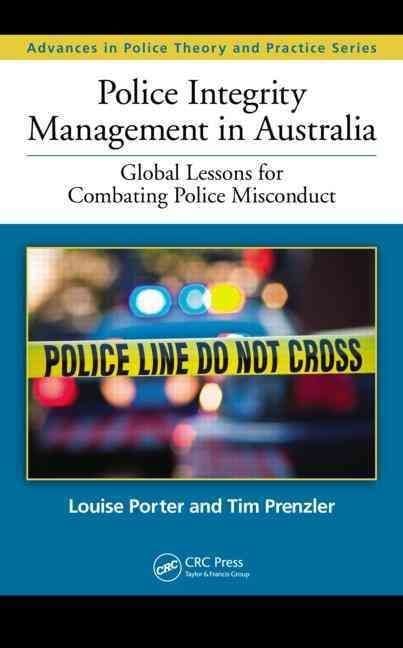This book is a pioneering regional work and provides a balanced approach of theory and practice in disaster risk reduction (DRR) in Pakistan. The book analytically discusses the status of DRR and draws examples and lessons from national and community-level programs and projects and events in the country. The book covers different types of disasters facing Pakistan, including geo-physical and hydro-meteorological hazards. This work incorporates and draws some of the key lessons learned from the pre-disaster and disaster phases to the post-disaster phase, providing an effective framework in the form of those lessons. The rich content is based on a selection of available documents, a consultative workshop with academicians from different universities undertaking DRR higher education programs, and the editors’ own knowledge and experience in the field. Special emphasis is given to analyzing field experiences from academic perspectives, and pinpointing key issues and the policy relevance of DRR. Disaster Risk Reduction Approaches in Pakistan is organized into three sections with a total of 20 chapters. Section one provides the outline and basics of DRR strategies applied at the national level with supporting examples from a global review. Section two specifically highlights the wide ranges of hazards experienced in Pakistan and presents examples, policy options, institutional set-ups, risk reduction strategies, and key lessons learned. The third section of the book is given to approaches and issues of DRR practices with examples of disaster responses.












